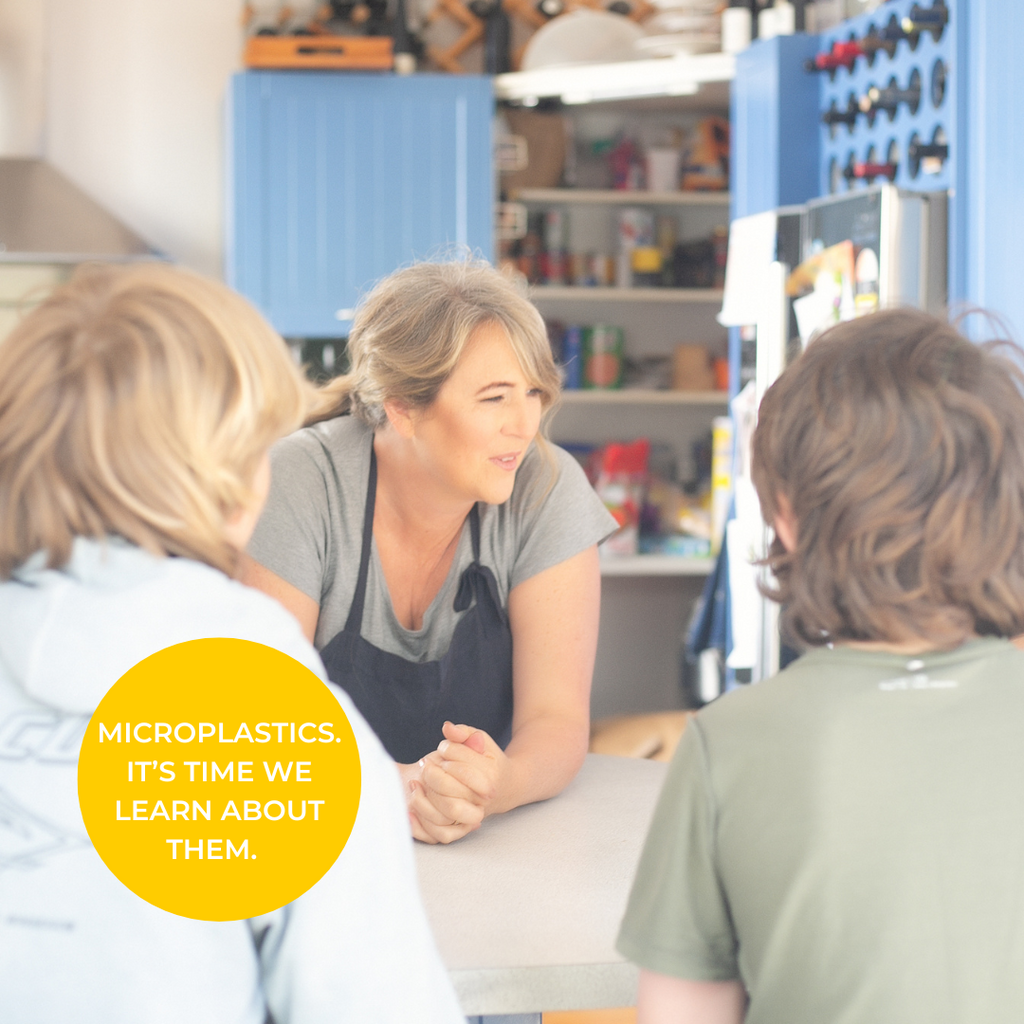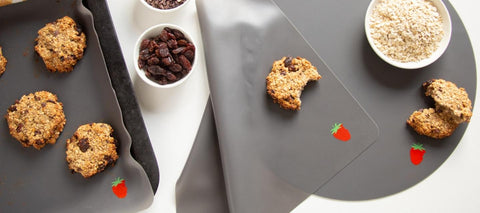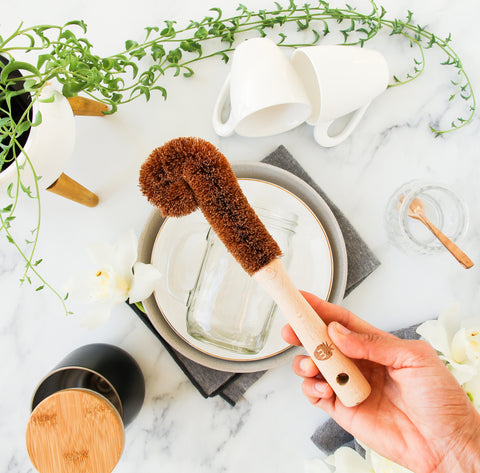
Microplastics: the buzzword of the moment. It’s time we learn about them.
For many of us, microplastics are a mystery. It’s commonly thought they’re just those little beads in exfoliating scrubs.
Because… most of us heard of them as scientists first found microbeads directly from personal-care products in rivers and oceans. They can be much smaller than those.
So small that they’re harming the world’s smallest marine species - Zooplankton. They’re growing slower and reproducing less successfully in the presence of microplastics.
While humans ingest microplastics daily, scientists aren’t as worried they’ll affect our health in that way. They’re more concerned that, if we make Zooplankton, the base of the marine food web extinct, its flow-on effects could affect our ability to feed the world’s population.
For nearly 20 years, scientists have been researching the potential harms of microplastics. While they don’t yet know whether or not it is dangerous for human consumption, they know it’s bad for the health of our planet.
Meaning – we need to make changes stat!
You often take leftovers to work in Tupperware and heat them in the microwave right? Well – environmental engineers recently made a discovery, that “plastic food containers shed huge numbers of specks — called microplastics — into hot water, even kettles and baby bottles”. Therefore, you’re consuming thousands of microplastics daily.
The good news is – those who are worried about their microplastic exposure can reduce it! There are many alternatives.
Munch empowers and educates families, every day, in every way to change the world. Don’t feel bad about the microplastics you’re consuming, because unfortunately – it’s a fact of life.
Instead, you can feel great every time you avoid excess microplastics. Every time you make an eco-conscious action, you’re stopping thousands of microplastics from entering our oceans, wildlife, and tamariki.
The number of microplastics shed depends on temperature. A simple action is to stop microwaving food in plastic containers. Instead, take your Munch Stainless Steel Lunchbox and transfer your lunch onto a plate to heat it. Swap to Glass Baby Bottles, or rinse sterilized bottles in cold boiling water before use.


Think – where in your household do plastics and heat come in contact?
The dryer? There are microplastics in clothes along with dryer balls/dryer sheets. Try adding Munch NZ Wool Dryer Balls, they’re 100% plastic free and reduce drying time which = fewer microplastics.
The oven? Baking paper is a microplastic culprit. Swap this for Silicone Baking Mats that are heat resistant and don’t leech microplastics into food. Made from food grade silicone - BPA and phthalate free.

Think – where are you, your clothing, food, or your whanau in contact with excess plastic?
The Lunchbox? Plastic wrap, plastic snack bags, water bottles and even the lunchbox itself. So many microplastics! There is an alternative for each: Beeswax Wrap, Beeswax Snack Bags, Stainless Steel Containers, and a Glass or Stainless Steel Drink Bottle.



The washing line? Grab our Stainless Steel Pegs and stop those pesky microplastics rubbing on your clothing.

The kitchen surfaces? Stop using your old sponges and dishcloths, instead use plastic-free cellulose fibre Scourers and Dishcloths.

The highchair? You can swap to plastic-free Silicone Dummies, Bamboo Spoons, and Bamboo Teethers.



The kitchen sink? Try a Wooden Dish Brush and swap dish liquid in plastic bottles to Munch Dish Soap.


We hope you feel empowered that you can make a difference! Buy a Munch product and feel good about using it. We are constantly making it easier for you to be sustainable, introducing new everyday eco products that make a difference.
Let’s be the ones to show the way, and raise the next generation of eco-warriors.
All scientific info in this blog is cited from: https://www.nature.com/articles/d41586-021-01143-3



Leave a comment